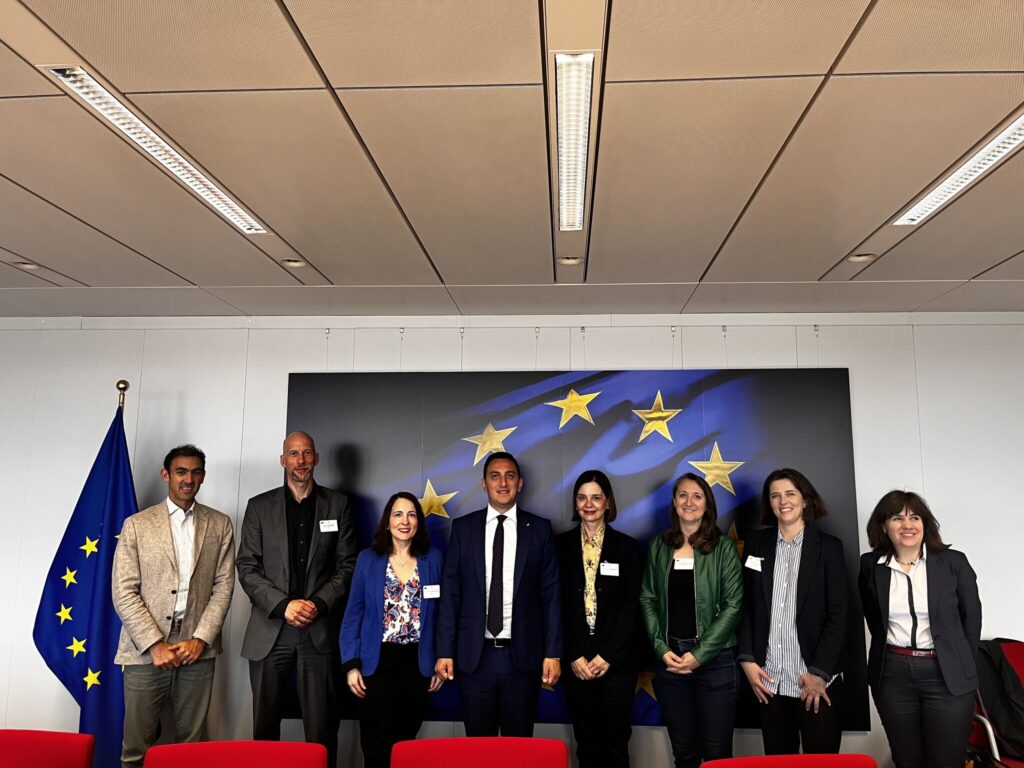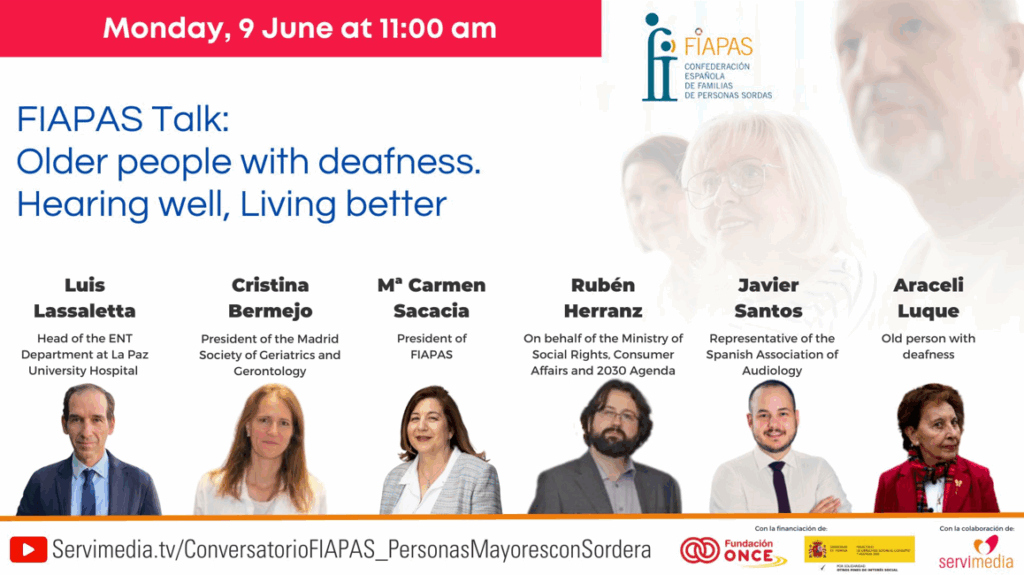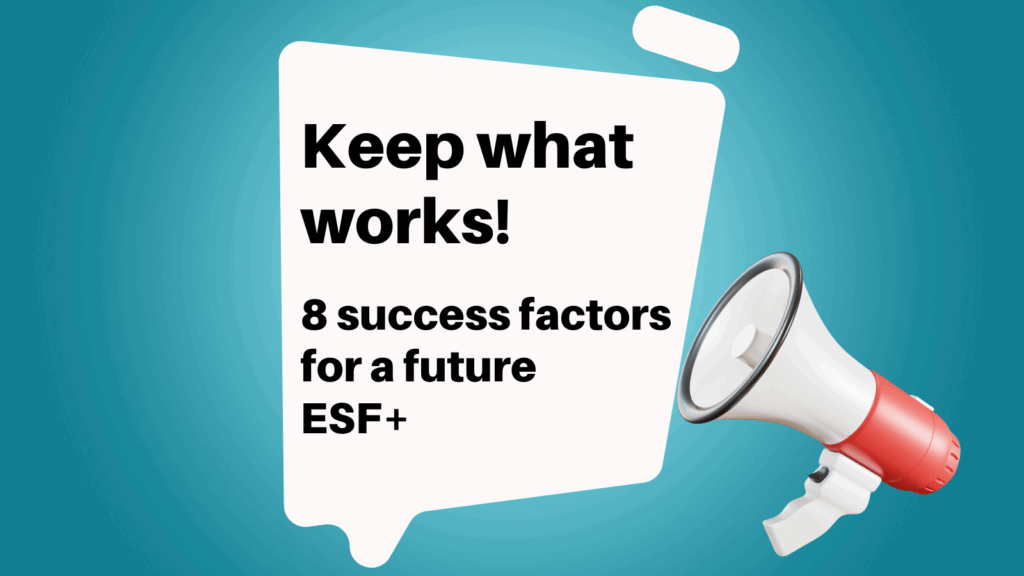These type of interacctions are far too familiar to stay-at-home parents and family carers. There is still a widely-spread view that care work within the family is not “proper work“. In reality early childhood care as well as care for the elderly and people with special needs is still mainly provided by families, without adequate supports which is why a mindset shift is necessary.
There are three kinds of work which have to be done: professional paid work on labour market, care and education work within the family, and voluntary work (e.g. for the Red Cross, the parish, in sports clubs, informal work within the neighbourhood, in parents‘ associations, in family organisations….).
The wellbeing of society depends on these three dimensions of work. A high-level conference recently took place to adress this topic in Graz, Austria, entitled “Family and Work – From Labour Market-Oriented To Family-oriented Labour Market“ The conference was hosted by the City od Graz and KFÖ and enriched by the presence and statements of COFACE-Vice-President Sven Iversen , the Austrian federal Minister for Families Susanne RAAB and lectures given by Professor Wolfgang MAZAL form the University of Vienna and Professor Leopold NEUHOLD from the University of Graz, a whole day was dedicated to this important topic. The Minister highlighted the importance of freedom of choice for families with a special focus on the role of the fathers. Fathers should be encouraged to take paternity leave more frequently and equally share care responsibilities and participation in the labour market with mothers.
Another recommendation was made for a new legal framework to make family leave possible as a new opportunity for grandparents and other relatives to share care work within the family. Flexible and part-time work on the labour market should prevent the trap of a“rush hour of life“ for young parents, especially mothers.
Only if new opportunities and supports for a fair work-life-balance are offered, will young people be able to have the number of children they want. Children are the future of Europe. At present we are suffering from a “Demographic Winter“ with an average birthrate of 1,53 children per family. The desire for having children is much higher, so we have to minimize the obstacles and offer strong and inclusive policies to support families of today. Investing in the wellbeing of familiesis the key.





